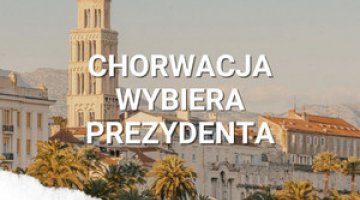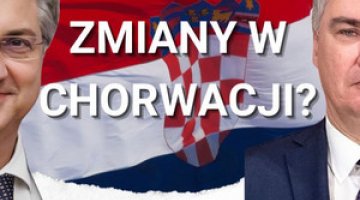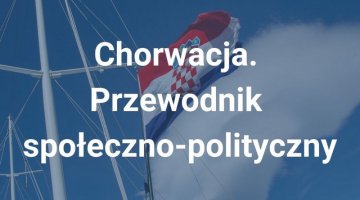Kolinda Grabar-Kitarovic elected Croatia’s president
The candidate for the right-wing opposition party the Croatian Democratic Union (HDZ) Kolinda Grabar-Kitarovic has won the presidential election in Croatia garnering 50.74% of the vote according to initial results (with turnout at 59%). In the run off held on 11 January, she defeated the incumbent president Ivo Josipovic who was supported, inter alia, by the left-wing ruling coalition led by the Social Democratic Party of Croatia (SDP).
Commentary
- Kolinda Grabar-Kitarovic owes her victory to the fact that the presidential election has been transformed into a referendum on the government’s policies. She has succeeded in making economic policy the campaign’s main topic, although it is not one of the president’s prerogatives, in laying the blame for the government’s measures at President Josipovic’s door, and has managed to take advantage of the frustration in society linked to the six-year recession and the high unemployment rate (16.6% according to Eurostat). Although Grabar-Kitarovic was one of the ministers in the government of Ivo Sanader (HDZ), who was sentenced for corruption, she successfully portrayed herself as a representative of the “purged” HDZ emphasising her experience of working abroad (for NATO, in diplomacy). By evading unequivocal declarations about her views she won over the centre electorate. President Josipovic’s approval ratings had been his highest in years and he was not involved much in the election campaign since already before summer he had a 20 point lead in opinion polls over Kitarovic. Josipovic’s main election promise, the reform of the constitution, did not prove very engaging for voters who were more focused on economic issues.
- With the president coming from the main opposition party, Croatia is entering a fierce political battle ahead of the parliamentary election planned for the end of 2015. Although the president’s competences are quite limited (for example, the president cannot veto laws), Grabar-Kitarovic will be a vehement critic of the government and will probably focus on building support for HDZ. As she did during the election campaign, she will underline HDZ’s manifesto promises regarding economic policy which are a mixture of slogans calling for the strengthening of the role of the state and increasing social spending. Opinion polls show a 30% support level for HDZ and with the support of the presidency, the party stands a good chance of winning. It is protest parties – the left-wing environmental ORaH (approximately 10% of support) and particularly the party of Ivan Sincic which unexpectedly scored 16.5% in the first round of the election – which will prove challenging for both of the traditional parties, HDZ and SDP. Ivan Sincic, a young activist (born in 1990) involved in protecting and helping victims of eviction, uses anti-EU rhetoric and calls for Croatia to return to “monetary sovereignty”.
- In foreign policy tensions in relations with Serbia and Bosnia and Herzegovina and rapprochement with Germany may be expected. Relations with the government in Berlin have deteriorated due to Croatia delaying the extradition of the head of the communist security services to Germany. The new president also supports the modernisation of the armed forces. This will, though, be difficult to carry out with Croatia’s present level of debt.





